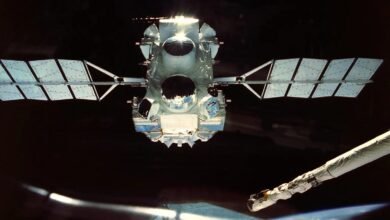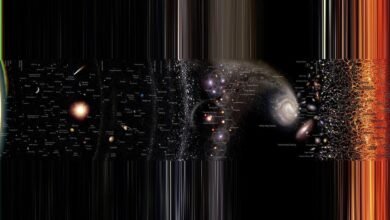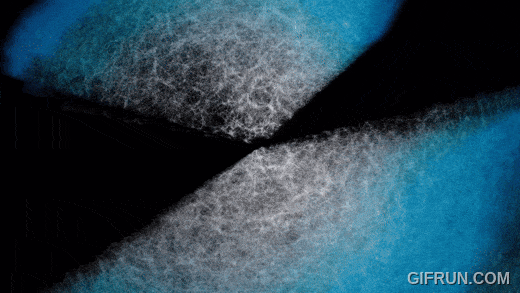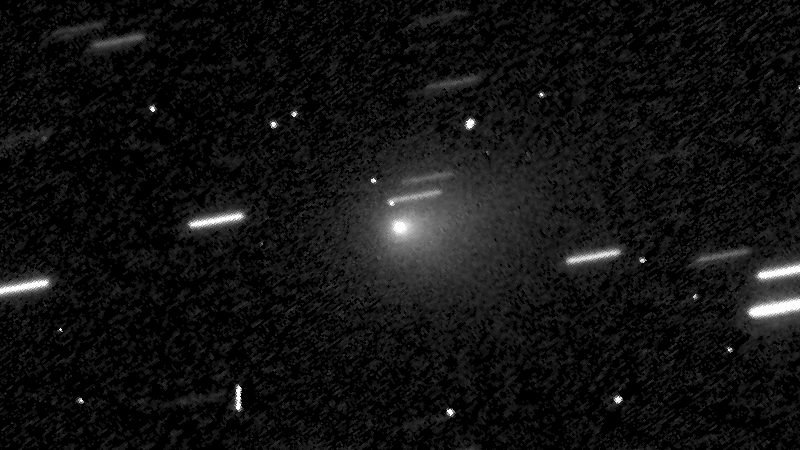Ask Ethan: Has a new study disproven dark matter and dark energy? | by Ethan Siegel | Starts With A Bang! | Mar, 2024
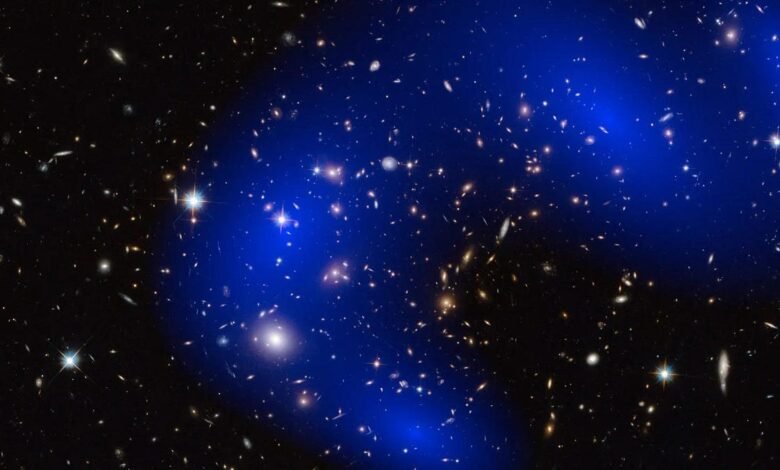
There are a wide variety of theoretical studies that call our standard model of cosmology into question. Here’s what they really mean.
Perhaps the pinnacle of scientific achievement is the fact that, at a fundamental level, from subatomic scales up to the largest cosmic ones, humanity has come to understand the Universe more completely and comprehensively than ever before. The Standard Model of particle physics accounts for the interactions, presence and properties of normal matter and radiation in the Universe, including atoms, ions, light, and neutrinos, while General Relativity accounts for gravitation. Cosmically, the Big Bang plus the ingredients of inflation, dark matter, and dark energy explain the Universe’s evolution and structure, allowing us to piece together the most powerful explanatory picture of our cosmos ever concocted.
But you wouldn’t know it by reading the news about science these days. You’d think that dark matter, dark energy, and inflation were all ad hoc fixes that were destined to be wrong, that astronomy discoveries about distant galaxies, cosmic expansion, and black holes have demonstrated that our view of the Universe is fundamentally broken, and that new scientific discoveries continuously disprove our concordance picture. Referring to just one among a myriad of recent similar claims, I received a letter from Gonzalo Martin, who wants to know:
“What about this… new study, where no cosmological law has been breached to declare that dark matter and dark energy (if I recall correctly) do not exist? I’m puzzled now and need comforting.”
The study, like many of its kind, claims that dark matter has been debunked and the Universe is twice as old as we presently think. Rather than focus on the specific claim made here (although it’s just further development along the line of thought that this paper, which I thoroughly analyzed last year, previously made), it’s more instructive to show you how theoretical physics works, and what articles making claims such as these are really saying.
Source link

